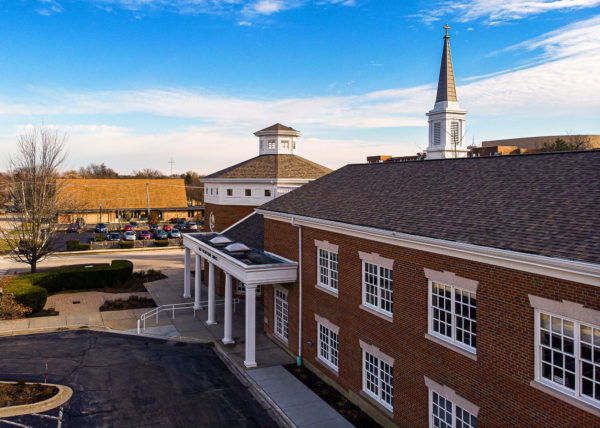He shall judge between many peoples, and shall arbitrate between strong nations far away; they shall beat their swords into plowshares, and their spears into pruning hooks; nation shall not lift up sword against nation, neither shall they learn war anymore.
Micah 4:3 (NRSV)
This is one of my favorite scriptures from the minor prophets of the Old Testament and it is commonly read during Advent as we prepare for Jesus’ birth. This is a passage with which many of you are familiar. It speaks of a time of ultimate peace; a time when all peoples and nations of the earth decide to put down their weapons; a time when humans no longer see violence and war as a means to achieve objectives.
How will this beautiful vision of the world become a reality? According to the scripture, God will make it a reality by establishing God’s kingdom on earth. You’ve heard me talk a lot about God’s kingdom over the years. In God’s kingdom, every person has food to eat, water to drink, clothes to wear, a roof over their head, everyone is treated for their illnesses, and no one is forgotten.
One element of God’s kingdom that I often leave out of this list, although it is assumed, is that Jesus is the leader of God’s kingdom. Jesus is the one responsible for creating God’s kingdom on earth. The question I often pose in sermons is how does God’s kingdom come about? Does God create the kingdom by sending Jesus back from heaven (what is commonly referred to as the second coming) or does God create the kingdom through us, by allowing us to be Jesus’ hands and feet in the world?
You all know my standard answer is the latter—God creates the kingdom through us. But I will be honest with you, this is the one scripture that makes me second guess my beliefs. As much as I try to convince myself otherwise, humans are very violent creatures. The 20th century was the bloodiest century in the history of humanity with 187 million people killed as a result of war. Indeed, one could persuasively argue that rather than becoming less violent, we seem to be getting more violent as a species.
If my theory is correct, then the opposite should be true. There are more Christians in the world today than at any point in human history (35% of the world population identifies as Christian—that’s 1 out of every 3 people). If Jesus is the one who is supposed to inspire us to lay down our weapons and become pacifists, it certainly doesn’t seem to be having the intended effect. So what gives? How can we be more Christian and more violent at the same time?
For me the answer is simple: many of those 3.3 billion people do not take the calling of Jesus seriously. Being a Christian is more than just adopting a label and calling yourself a follower of Jesus. Being a Christian is adopting the behaviors promoted by Jesus’ teachings, which is extraordinarily difficult. Everything Jesus asks of us goes against our natural inclinations. To become like Jesus requires unrelenting dedication—years upon years of constant spiritual investment.
I think if everyone who called themselves a Christian understood that they were being asked to significantly change their thoughts and actions, the number of people who labelled themselves a Christians would nose dive. So as we anticipate the birth of our Lord, Jesus on Christmas day, I would like you to consider which category defines you:
Are you part of the group of Christians who assumes the label and is unwilling to change who you are as a person or are you part of the group who is willing to endure the hard metamorphosis of adopting Jesus’ way of life?
Advent is a time where we anticipate the birth of Jesus and how he fundamentally changed our world. What I hope you will come to realize this Advent is that Jesus cannot fundamentally change the world unless Jesus fundamentally changes you.



